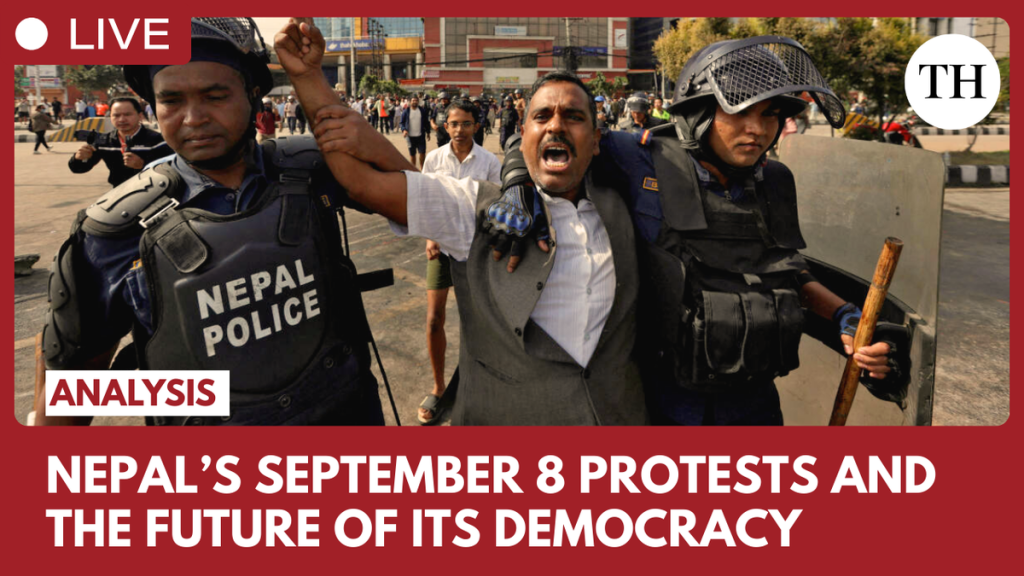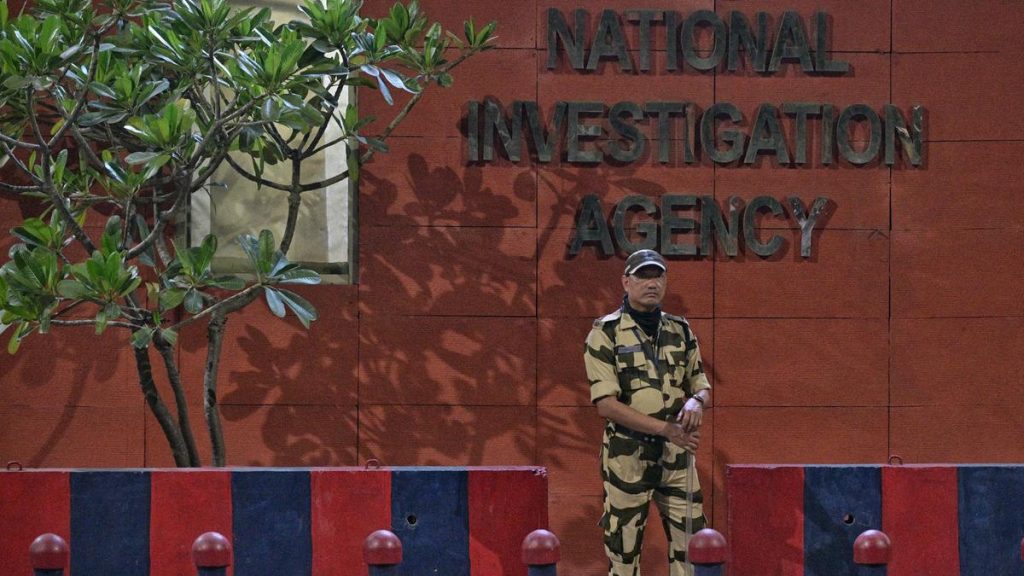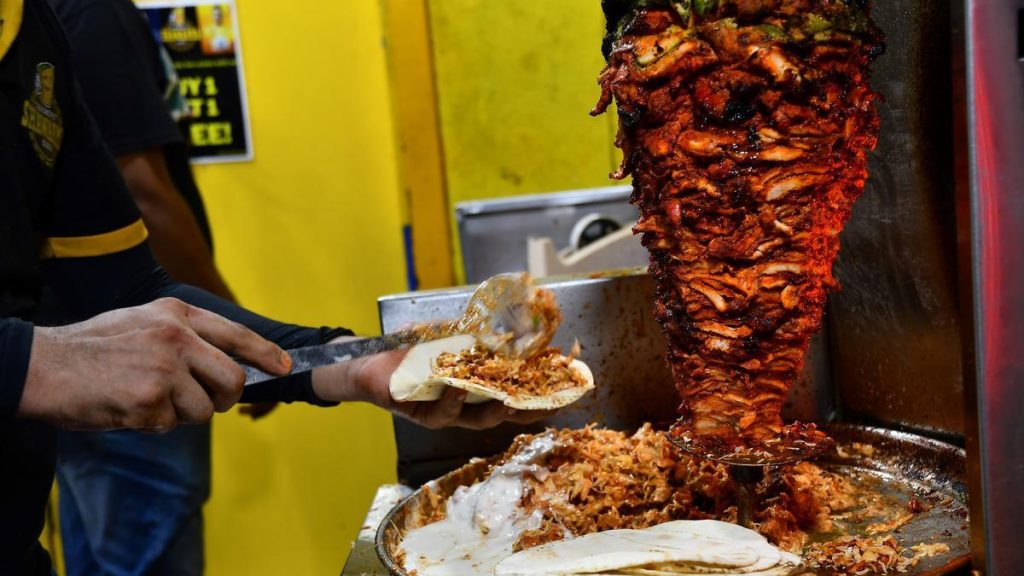Now Reading: TMC, BJP Clash Over Detention of Bengali-Speaking Migrant Workers
-
01
TMC, BJP Clash Over Detention of Bengali-Speaking Migrant Workers
TMC, BJP Clash Over Detention of Bengali-Speaking Migrant Workers

Quick Summary
- The TMC has accused the BJP of “criminalising poverty” over the detention of 444 Bengali-speaking migrant workers in Odisha, while BJP alleges sheltering illegal migrants by Mamata banerjee’s government.
- TMC MP Samirul Islam demanded proof for claims by BJP IT cell head Amit Malviya that 335 detainees had fake documents issued by West Bengal and questioned why many detainees were released if they were foreigners.
- Islam alleged an “anti-Bengali bias” within the BJP and criticized Malviya for misunderstanding that Aadhaar and voter IDs are issued by the Central Government, not states.
- Allegations include that BSF unlawfully deported seven innocent Bengalis. the Calcutta High Court has directed Delhi’s Union Home Secretary to respond to a habeas corpus case regarding six deportees from West Bengal to Bangladesh, including a minor.
- Amit Malviya accused the TMC of compromising national security through demographic infiltration and issuing fake documents for Bangladeshi migrants.
- Mamata Banerjee condemned harassment faced by Bengali-speaking residents in Delhi’s Jai Hind Colony, alleging denial of basic amenities like water and electricity under police action.
- Both parties continue escalating their positions on this issue as it emerges as a contentious political flashpoint ahead of the 2026 West Bengal Assembly elections.
Indian Opinion Analysis
The conflict between TMC and BJP over migrant worker detentions in Odisha highlights deeper political tensions tied to allegations around illegal immigration-a recurring debate with social, economic, and electoral implications for India. While TMC focuses on safeguarding Bengali-speaking workers from alleged discrimination, its assertions against BSF procedures underline broader concerns about human rights adherence during border control operations. Conversely, BJP’s claim about demographic infiltration raises questions about document authenticity but demands verifiable evidence before such serious accusations can be substantiated.
The legal intervention sought via calcutta High Court may set a precedent for addressing grievances around migrant detentions systematically while also demanding clarity on administrative frameworks governing inter-state migration within India or cross-border movements involving Bangladeshi nationals. As this matter unfolds into a key election narrative in politically volatile states like West bengal or regions with substantial labor migration such as Delhi/Odisha, ensuring balanced judicial oversight will be essential to maintain constitutional integrity amid partisan discord.
























